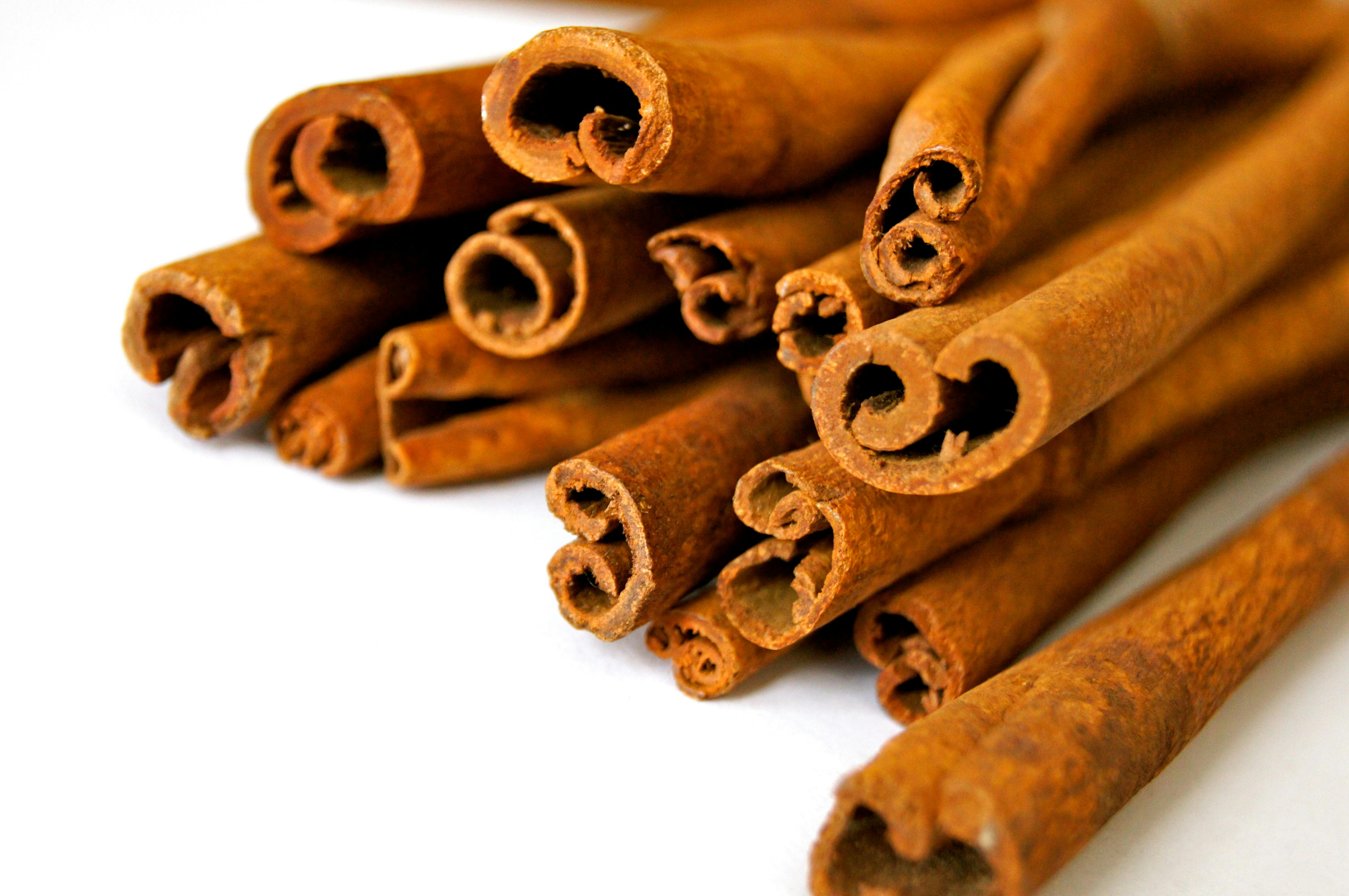"Unraveling the Health Benefits of Humble Spices: A Deep Dive into Turmeric and Cinnamon"
Introduction: Ever wondered how the spices that give your favorite dishes a flavorful kick might impact your health? Join us on a fascinating journey as we delve into the health benefits of two spices you likely have in your kitchen right now: turmeric and cinnamon.

The History and Science of Turmeric
Turmeric, a bright yellow spice used extensively in Asian cuisine, has a history steeped in both culinary and medicinal use. This spice, derived from the Curcuma longa plant, has been used as a healing agent for nearly 4000 years in Ayurvedic medicine. Modern research has revealed that its active ingredient, curcumin, has anti-inflammatory and antioxidant properties.
The Healing Power of Cinnamon
Like turmeric, cinnamon also has a rich history. It was highly prized in ancient Egypt and has been used in traditional Chinese medicine for thousands of years. Cinnamon is loaded with potent polyphenols and antioxidants. Modern research suggests that it can help manage type 2 diabetes by improving insulin sensitivity and reducing blood sugar levels.
The Interplay Between Turmeric and Cinnamon
Interestingly, turmeric and cinnamon can complement each other in promoting health. For instance, both spices can help combat inflammation, a root cause of many chronic diseases. Moreover, the antioxidant properties of both spices work synergistically to combat oxidative stress, a factor contributing to aging and various diseases.
Separating Fact from Fiction: The Challenges
While the benefits of turmeric and cinnamon are promising, it’s crucial to approach the topic with a discerning eye. The concentration of beneficial compounds in these spices may not be enough to produce significant effects when consumed in typical dietary amounts. Also, the body doesn’t absorb curcumin well, and cinnamon can be toxic in large quantities.
Interesting Spice Facts
- Turmeric contains around 3% curcumin by weight.
- There are two main types of cinnamon: Ceylon (true cinnamon) and Cassia (commonly found in stores).
- Ceylon cinnamon has less coumarin, a compound that can be harmful in large amounts, compared to Cassia cinnamon.
The Takeaway: A Pinch of Spice for Health
The health benefits of turmeric and cinnamon are backed by scientific research, but it’s crucial to understand their limitations. Consuming these spices as part of a balanced diet can contribute to overall wellness, but they should not replace conventional treatment for chronic diseases. Remember, it’s the overall pattern of your eating habits that contributes to your health. So, go ahead, enjoy that sprinkle of turmeric or dash of cinnamon—your body will thank you!




